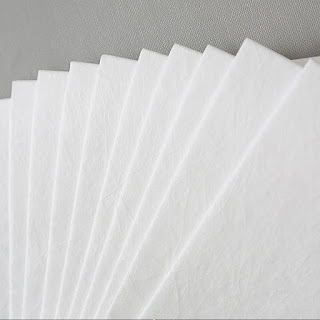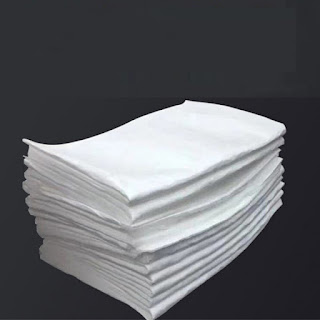What happens when oil spills in the arctic?

The Arctic holds 13 percent of the world's undiscovered oil, a third of which is in the United States. The challenges of arctic drilling and reducing offshore oil spills were highlighted when Shell's failed attempt in 2012 left the Kulluk drilling ship stranded and in need of rescue. However, the impact of climate change on retreating and thinner ice sheets could pave the way for the opening of navigable routes to the Arctic, the first economically navigable route in modern history. Of particular interest is the fact that oleaginous microbes slow down the rate of decomposition at freezing temperatures. The Arctic Research Center at Aarhus University in Denmark found that low temperatures change the chemistry of oil spills and slow the rate of biodegradation. Cold oil is said to be thicker, making it harder for oil-eating microbes to break it down. Where there is sea ice, there are fewer waves, so the oil does not disperse into small droplets. Another interesting feature is the...











